News
News / 12/07/2020 / 2043
Corona epidemic has made this year special... So much that most of us wish it would never happen again. In such conditions, we would expect the wine scene to be in a shattered state. However, this year has been quite exciting as far as winemaking in Serbia is concerned, despite all challenges and difficulties related to the sale of wine during lockdown. This year, we have witnessed some important cornerstones and events, which confirms that the wine sector of Serbia is the most resilient part of Serbian economy.
Therefore, you will find below our selection of the most significant events in 2020. The order is not determined by the importance of events because they are all equally important for the Serbian wine scene.
1. Gvozden Radenković is back on the Serbian wine scene. It would probably be wrong to say that he "returned" because he never quit the wine scene actually... He has always been there, unobtrusively followed what was happening, provided support, but finally Gvozden returned as a winemaker... This year, the first wines from his new winery Bela Kula (The White Tower) have been presented. It means new format of continued tradition of the well-known Serbian winemakers' family Radenković from the village of Trnavci in Župa. If Serbian contemporary winemaking in the 20th century was marked by Carigrad wine label, then it remains to be seen which wine will be the crown jewel of Gvozden's winemaking in the 21st century.
2. The wine event that marked 2020 was certainly Prokupac Day (although corona heavily impacted wine events this year not only in our country but also globally, so the number of wine events was significantly reduced). The invested efforts and enormous energy resulted in celebration of Prokupac Day in three cities: Kragujevac, Aleksandrovac and Belgrade. Prokupac Day ventured outside Belgrade, whilst the central Prokupac show in Belgrade was accompanied by the Vasil Hadžimanov concert. In addition, for the first time a Prokupac from Serbia (Vivak Prokupac 2017 from Grabak Winery) has won a gold medal at the Decanter competition in London. Winemakers continue to explore versatility of Prokupac, so this year we got the first Amarone-style Prokupac from Yotta Winery (Bonsai Prokupac 2016) and the first Prokupac from the northernmost Prokupac vineyard located in the village of Bački Vinogradi (close to Hungarian border) from dehydrated and partially botrytized grapes (PKC 500 2019 from Maurer Winery). Prokupac continues its rise and proves to us from year to year that it can become the great wine of Serbia.
3. The Balkan International Wine Competition BIWC was held in Belgrade this year from September 9th to September 11th. Radlović Winery, which won a grand trophy in the category of red wines, came as a surprise, confirming that even small local family wineries can rise on the wine scene with quality of their wines and join ranks of already well-reputed wineries. Aleksandrović Winery won a grand trophy in the white wine category and a trophy for the best wine in the Balkans, whilst Temet Winery won a big trophy in the orange wine category.
4. This year was also marked by the discovery that wine history of Serbia does not begin with Marcus Aurelius Probus (as it was commonly regarded until now). Revolutionary work of Sanja Pilipović, PhD from the Balkan Institute of SANU (Serbian Academy of Sciences and Arts) shed new light on the beginnings of winemaking and viticulture in Serbia. The first encounter of the population in the area of Upper Moesia with wine was in the 5th century BC, thanks to contacts with the Greek colonies. Indirect archeological findings indicate that wine production was already known in the 3rd century AD in the province of Upper Moesia. The discovery of stone wine presses in Mediana in Niš and in a Roman villa in the village of Vrbovac near Lebane speaks in favor of that.
5. For the first time in the modern wine history of Serbia, wine from Serbia has won a platinum medal at the Decanter wine competition in London. The wine Omnibus Lector 2015 from Erdevik Winery thus achieved the greatest success for a Serbian wine in this competition so far.
6. The Serbian wine scene got a new video blogger: Đole Baltazar (Đorđe Zarić) has launched his video blog Wine Trekkers this year in order to promote wines available in his Baltasar wine shop. Interesting content equally suitable for experienced wine lovers and beginners, interviews with interesting people from the world of winemaking and gastronomy, Đole's spontaneity and wit that alternate with educational information and tips for serving wine. In any case, a quality new step forward for wine retailers in communication with consumers.
7. The list of officially authorized varieties of agricultural plants kept within the Register of Varieties recognized in Serbia has been changed so the official primary (main) name of the grape variety has become Grašac instead of previously official Italian Riesling. Accordingly, the following names of variety: Italian Riesling and Grašac Beli are included in the list of synonyms / secondary names of the grape variety Grašac in the Register.
8. The Serbian Association of Winemakers and Vinegrowers (supported by the Serbian Association of Sommeliers SERSA) gathered 32 local wine experts and judges on February 13th, 2020 in Belgrade for the first time to select the best Serbian wines in 8 categories. So, in a way, we can consider it a real national wine championship because all registered wineries from the territory of Serbia could participate in the competition. After the competition, criticism was heard about the methodology and organization, but Serbia definitely needs this kind of national wine competition, so the Serbian Association of Winemakers and Vinegrowers needs to learn from this year's experiences in order to prepare better for the competition next year in a timely manner.
9. In the wine town of Sremski Karlovci, the local tavern Kod 4 lava has been opened and the wine list shows exclusively (100%) wines from local wineries. Therefore, the principle of pairing local food with local drinks has been consistently applied. The wines exclusively from wineries located in Sremski Karlovci are served with signature dishes representing cuisine of Vojvodina, Serbia's northern province. I hope that this will become a trend in the restaurant industry that other touristic places throughout Serbia should follow.
10. The Government of Serbia has defined detailed conditions for distribution of the quota for the import of wine originating from the EU, which will be applied from January 1st, 2021, and thus ended the first "wine import war" between Lidl and small importers. The decision limits the quantity of wine that can be imported by a single importer at a preferential rate (15% of the quarterly quota in each of the first three quarters), thus avoiding a situation such as this year that Lidl imported wine in a single batch and thus reached the entire annual quota. This year, the interventionism of the state was also shown in actions aimed at overcoming consequences of the crisis triggered by corona epidemic, when the import of grapes was discouraged by administrative and bureaucratic procedures following request from the Association of Serbian Winemakers and Vinegrowers.

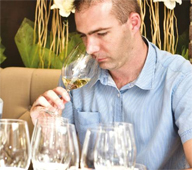
Tomislav Ivanović
Awarded wine writer, wine critic and contributor to selected wine magazines. WSET3-certified author and editor-in-chief of www.vinopedia.rs. Member of Vojvodina Sommelier Association. Juror in national and international wine competitions. Lecturing about wines of Serbia and the Balkans. Local partner of Wine Mosaic organization. Co-founder of International Prokupac Day.
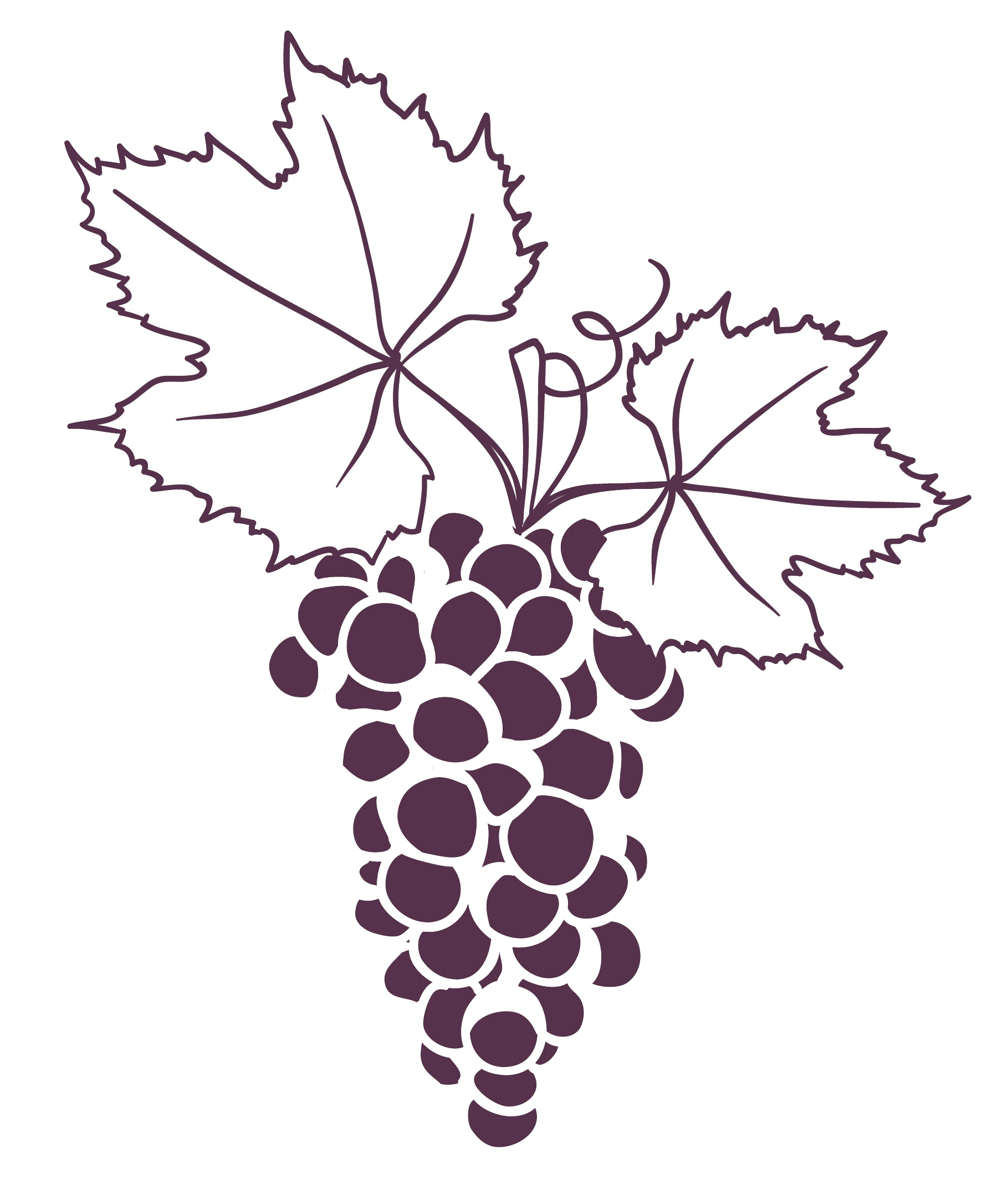
Pročitajte i druge članke iz ove rubrike:
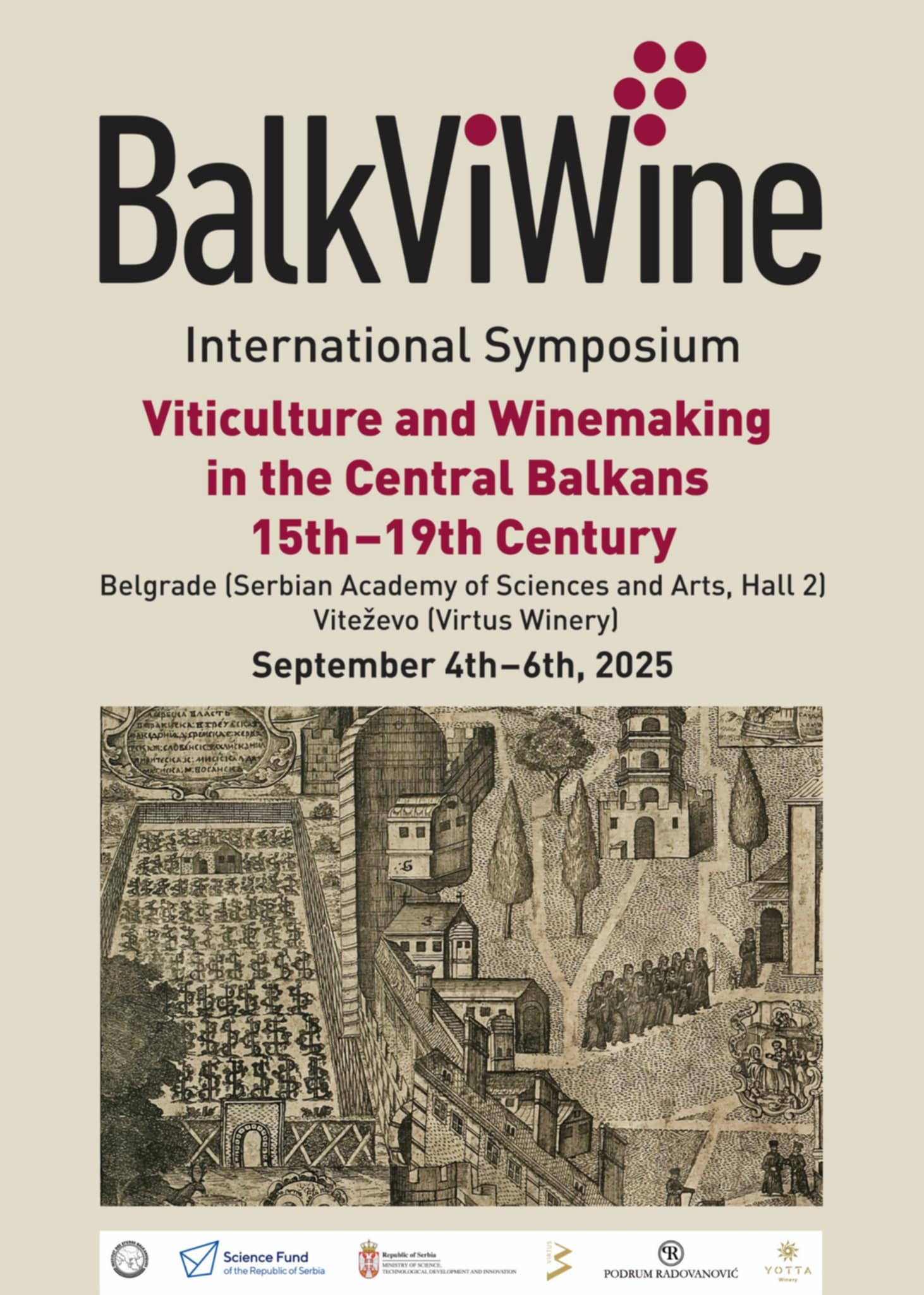

BALKVIWINE 2025 BEOGRAD
PROČITAJ VIŠE
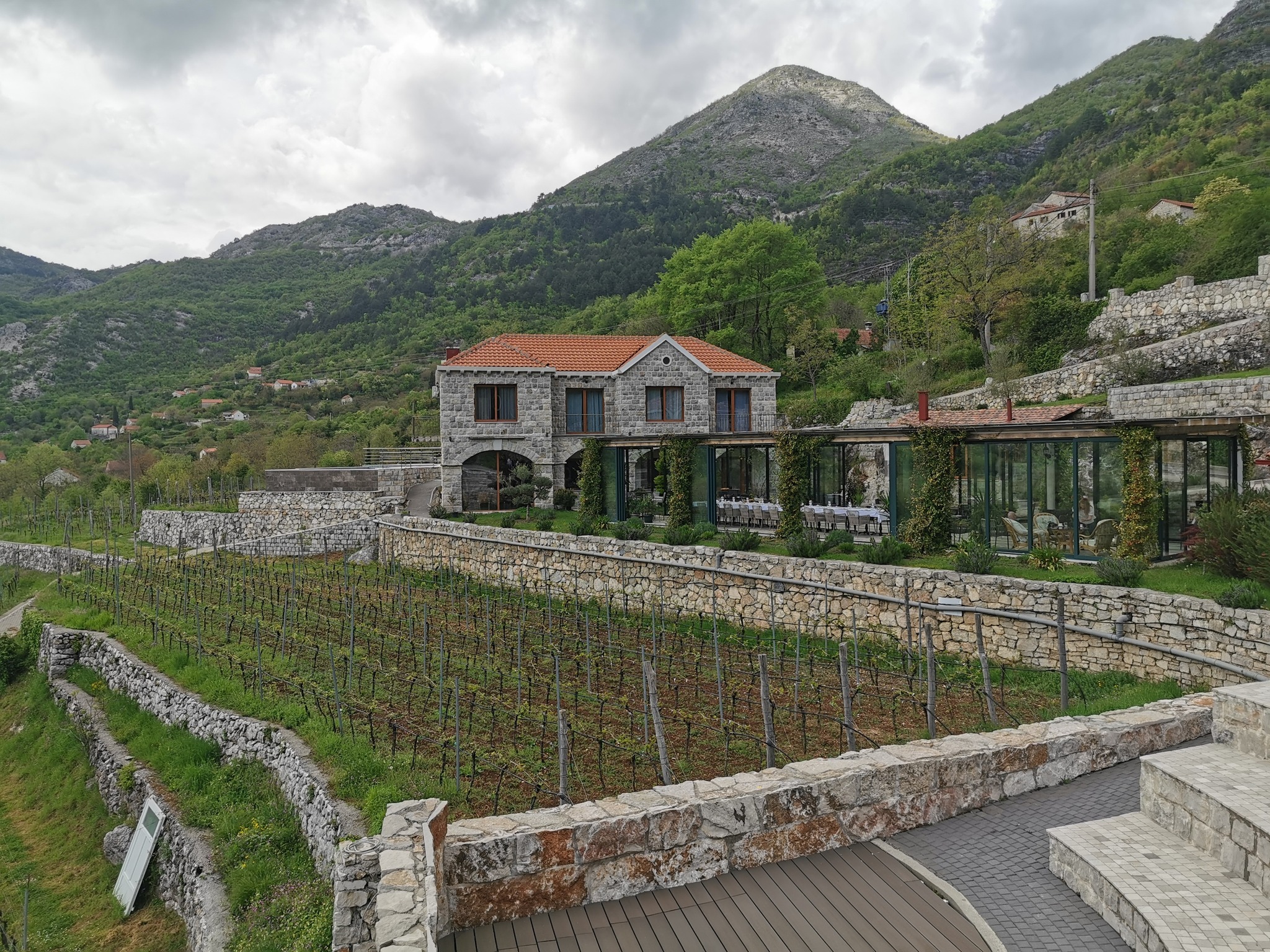

KRATOŠIJA PROBUDILA CRNOGORSKE VINARE
PROČITAJ VIŠE
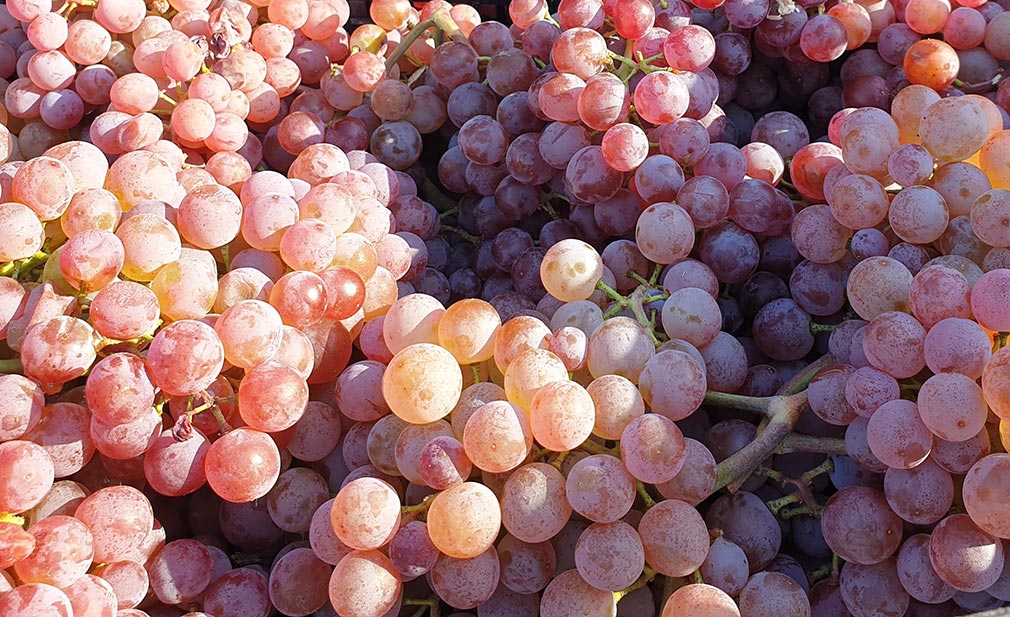

VINOPEDIA TOP 10 2024
PROČITAJ VIŠE
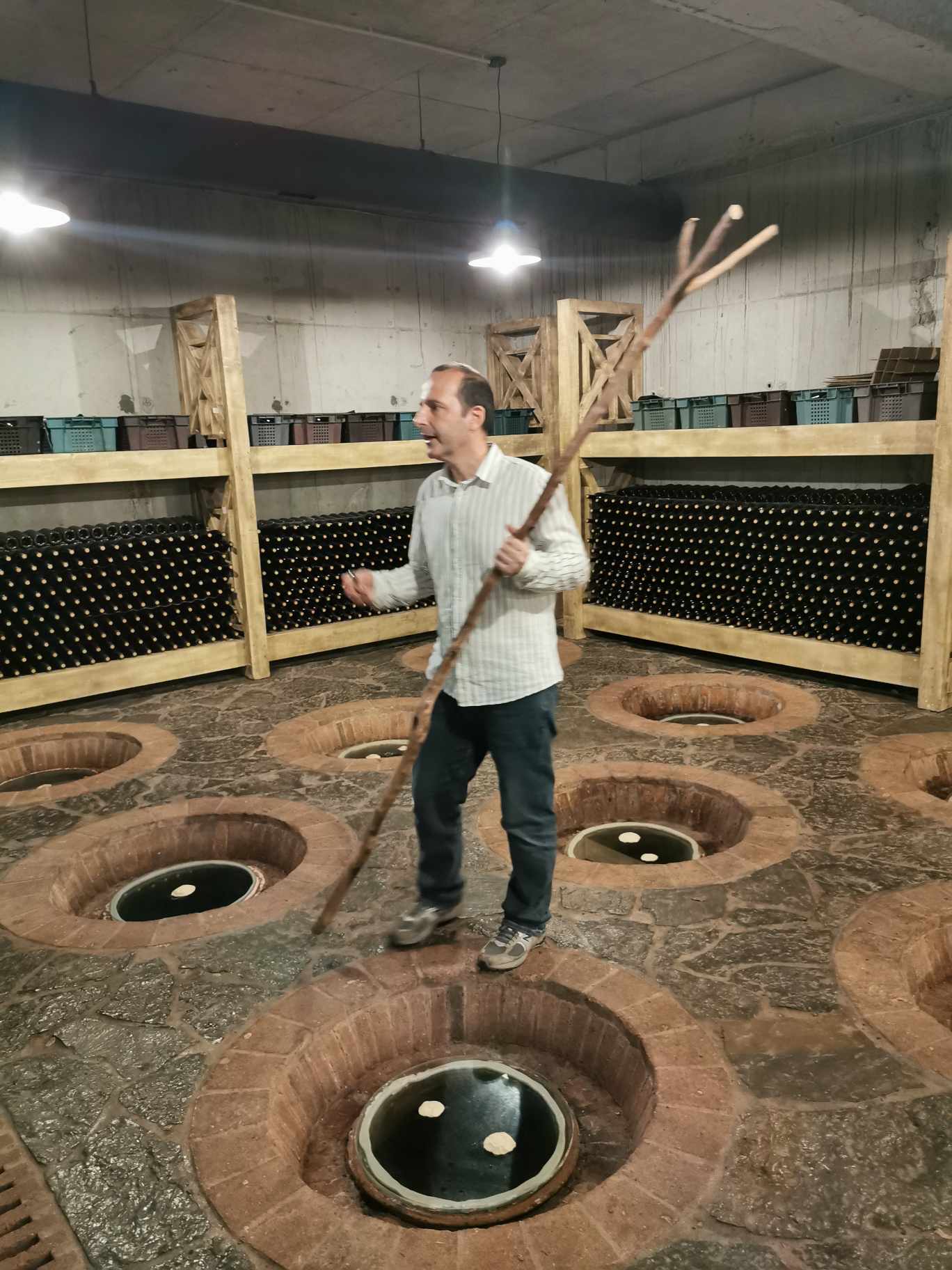

GIUAANI - VINSKI TURIZAM NA GRUZIJSKI NAČIN
PROČITAJ VIŠE
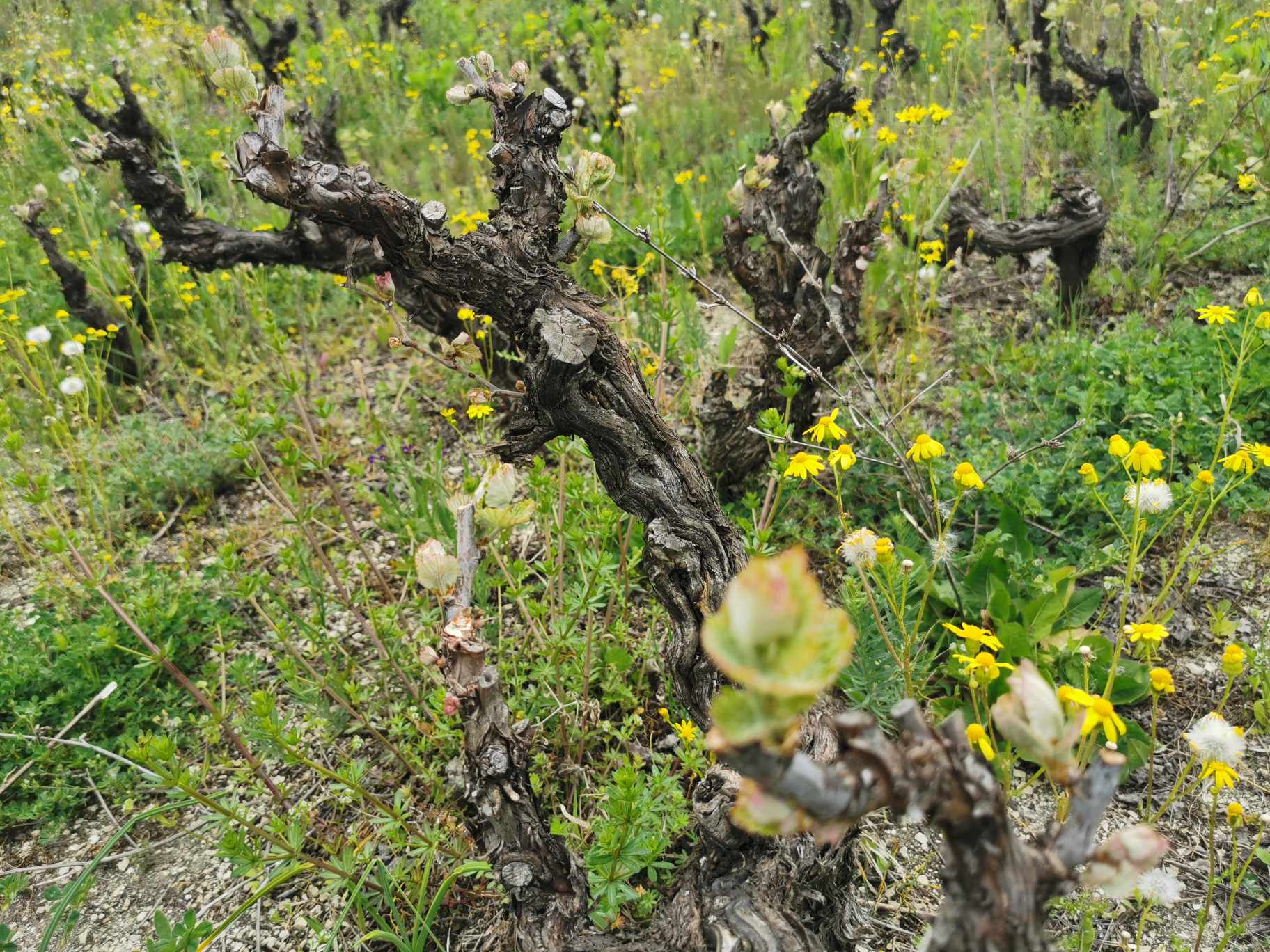

SPASIMO STARE VINOGRADE SRBIJE
PROČITAJ VIŠE
Winner MILLESIMA BLOG AWARD 2016
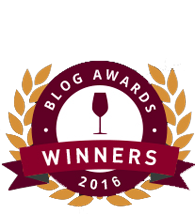
Pobednik MILLESIMA BLOG AWARD 2016
VINO & FINO wine personality of the year 2016
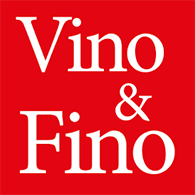
VINO & FINO vinska ličnost godine 2016